Best books ... chosen by Bill McKibben
Renowned environmentalist and author Bill McKibben names his all-time favorite reads
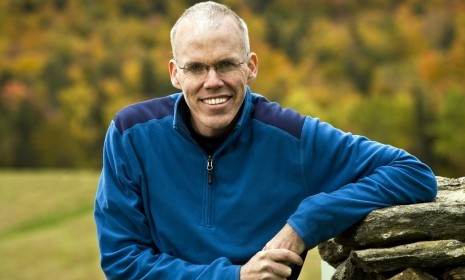
A free daily email with the biggest news stories of the day – and the best features from TheWeek.com
You are now subscribed
Your newsletter sign-up was successful
Activist and writer Bill McKibben is the award-winning author of The End of Nature and The Age of Missing Information. His new book, Eaarth, argues that our planet already has been irrevocably remade by human activity.
Jayber Crow by Wendell Berry (Counterpoint, $16). Any book by this Kentucky farmer-writer will do, but this novel is a particularly moving part of his ongoing project: showing the meaning of and need for real human community. Once you’re finished with this, continue on to his collected essays.
Desert Solitaire by Edward Abbey (Ballantine, $7). The cantankerous desert writer Abbey is one of the funniest and deepest thinkers about the wild. This book will live on in a hundred years the way Walden does today—and it will introduce you to one of the few nature writers who never succumbs to Awestruck Solemnity.
The Week
Escape your echo chamber. Get the facts behind the news, plus analysis from multiple perspectives.

Sign up for The Week's Free Newsletters
From our morning news briefing to a weekly Good News Newsletter, get the best of The Week delivered directly to your inbox.
From our morning news briefing to a weekly Good News Newsletter, get the best of The Week delivered directly to your inbox.
Heart and Blood by Richard Nelson (Vintage, $21). Nelson, an Alaska writer, tells here a detailed story of the conflicts between people and deer across America. It’s an issue almost every suburbanite has dealt with—but Nelson begins and ends with haunting scenes from his life in the southeast archipelago of Alaska.
Refuge by Terry Tempest Williams (Vintage, $14). Another powerful voice from the arid West, Williams tells in this powerful book the story of both natural and human decline. Read it and weep—but also read it and find yourself full of new resolve.
Plan B by Lester Brown (Norton, $16). In case you’ve ever wondered if civilization can keep going on its present course, this book by our most prominent eco-statistician will prove that the answer is no—and that, instead, there’s a wealth of real possibilities for change to a more sustainable and more human course.
The Practice of the Wild by Gary Snyder (Shoemaker & Hoard, $15). Our foremost poet of the natural world here writes in prose about some of the lessons he’s acquired in a lifetime of paying close attention. Snyder is a radical, but in a deeply conservative way. And if you don’t know his poetry, this book will convince you to read that next.
A free daily email with the biggest news stories of the day – and the best features from TheWeek.com
-
 Bad Bunny’s Super Bowl: A win for unity
Bad Bunny’s Super Bowl: A win for unityFeature The global superstar's halftime show was a celebration for everyone to enjoy
-
 Book reviews: ‘Bonfire of the Murdochs’ and ‘The Typewriter and the Guillotine’
Book reviews: ‘Bonfire of the Murdochs’ and ‘The Typewriter and the Guillotine’Feature New insights into the Murdoch family’s turmoil and a renowned journalist’s time in pre-World War II Paris
-
 Witkoff and Kushner tackle Ukraine, Iran in Geneva
Witkoff and Kushner tackle Ukraine, Iran in GenevaSpeed Read Steve Witkoff and Jared Kushner held negotiations aimed at securing a nuclear deal with Iran and an end to Russia’s war in Ukraine
-
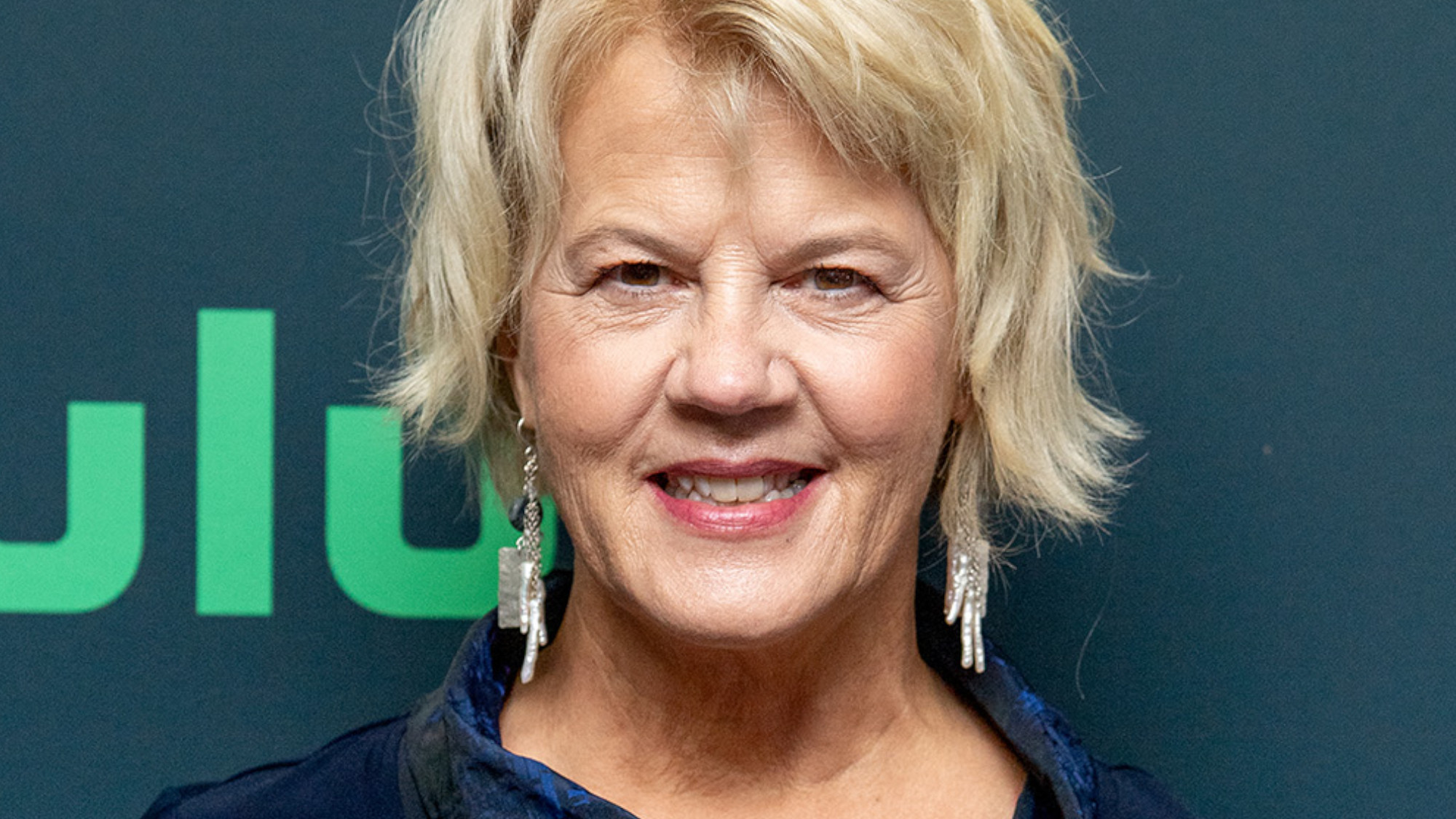 Beth Macy’s 6 favorite books about living in a divided nation
Beth Macy’s 6 favorite books about living in a divided nationFeature The journalist recommends works by Nicholas Buccola, Matthew Desmond, and more
-
 Gilbert King’s 6 favorite books about the search for justice
Gilbert King’s 6 favorite books about the search for justiceFeature The journalist recommends works by Bryan Stevenson, David Grann, and more
-
 Nathan Harris’ 6 favorite books that turn adventures into revelations
Nathan Harris’ 6 favorite books that turn adventures into revelationsFeature The author recommends works by Kazuo Ishiguro, Ian McGuire, and more
-
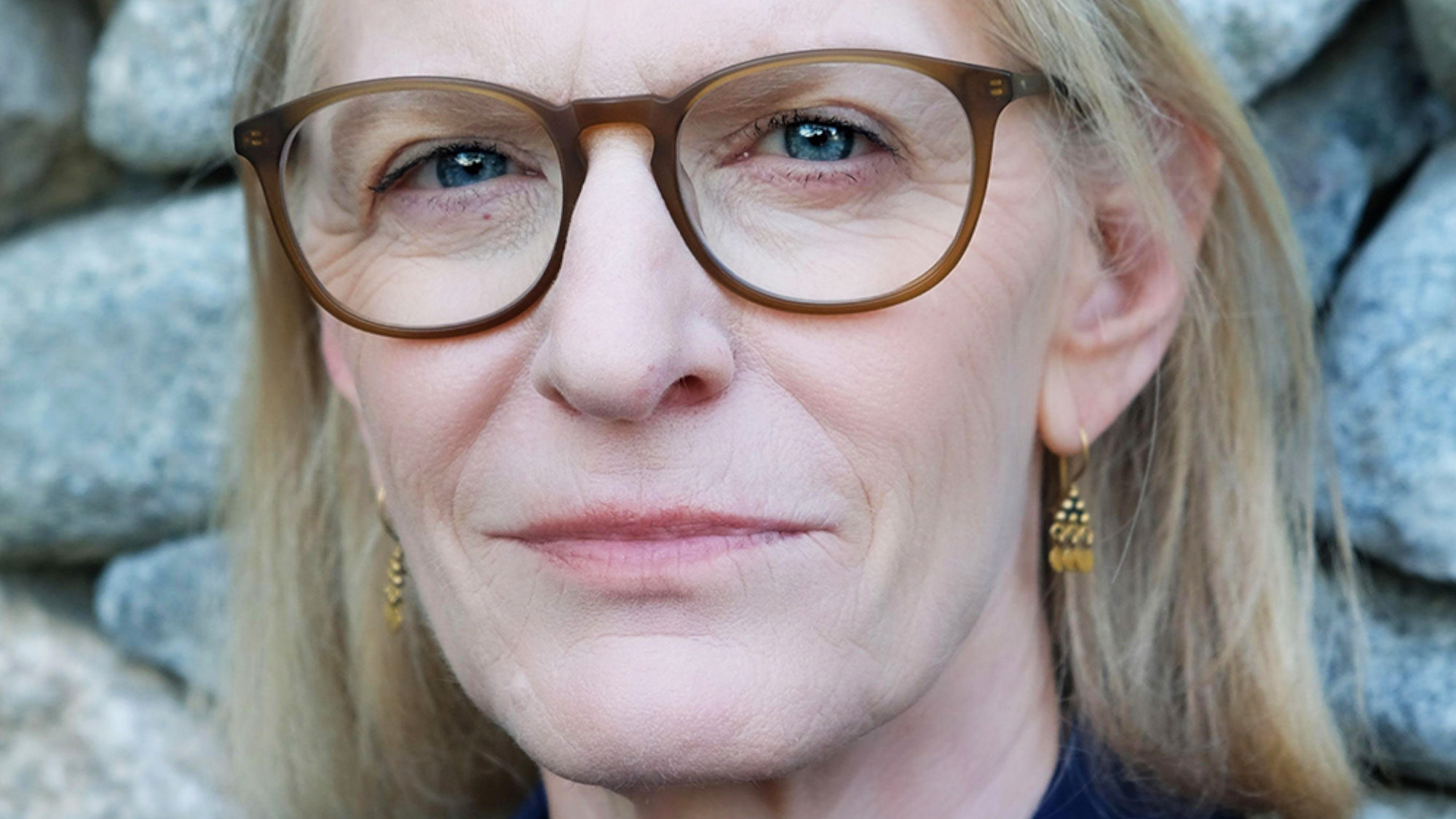 Marisa Silver’s 6 favorite books that capture a lifetime
Marisa Silver’s 6 favorite books that capture a lifetimeFeature The author recommends works by John Williams, Ian McEwan, and more
-
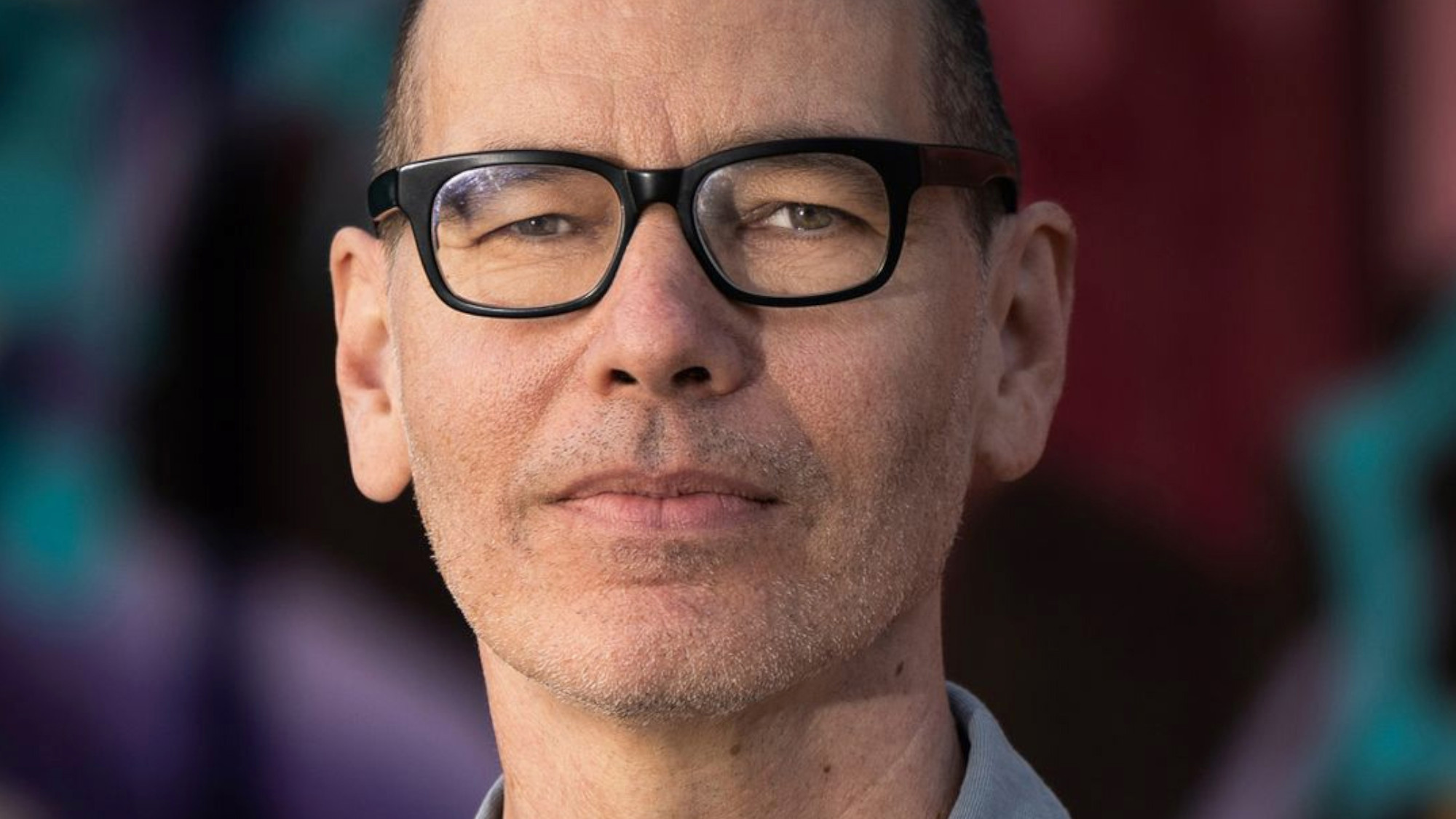 Lou Berney’s 6 favorite books with powerful storytelling
Lou Berney’s 6 favorite books with powerful storytellingFeature The award-winning author recommends works by Dorothy B. Hughes, James McBride, and more
-
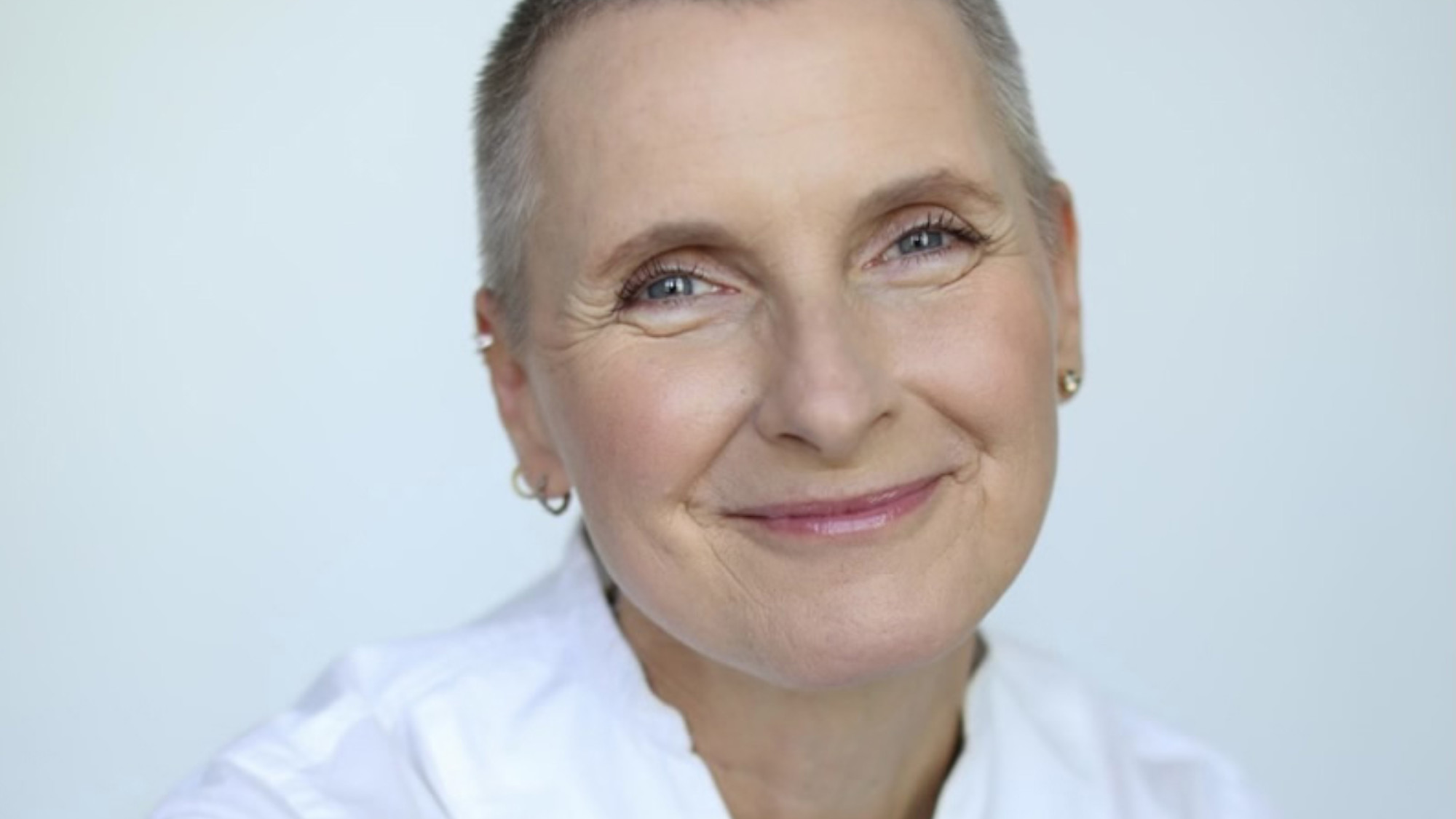 Elizabeth Gilbert’s favorite books about women overcoming difficulties
Elizabeth Gilbert’s favorite books about women overcoming difficultiesFeature The author recommends works by Tove Jansson, Lauren Groff, and more
-
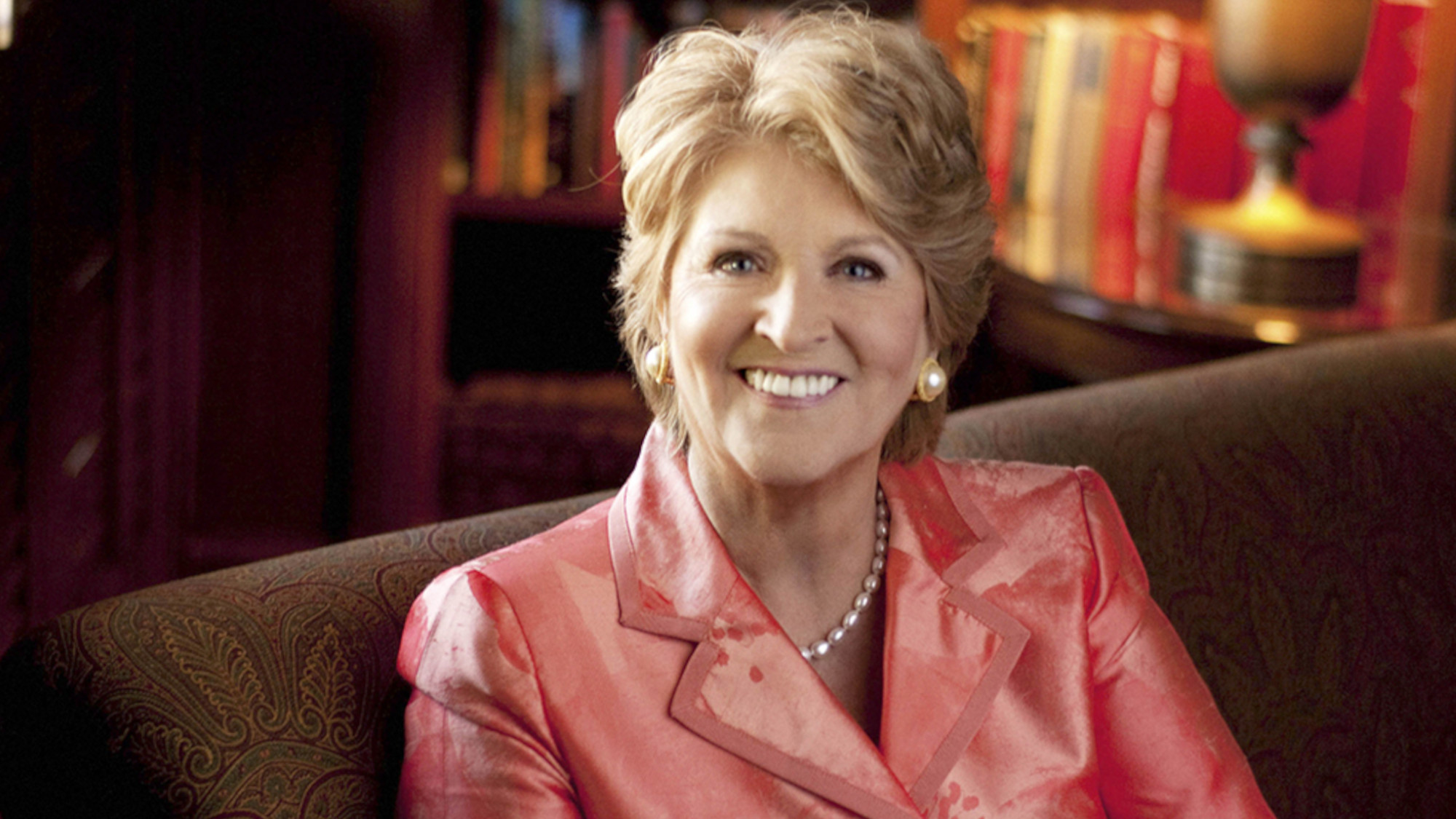 Fannie Flagg’s 6 favorite books that sparked her imagination
Fannie Flagg’s 6 favorite books that sparked her imaginationFeature The author recommends works by Johanna Spyri, John Steinbeck, and more
-
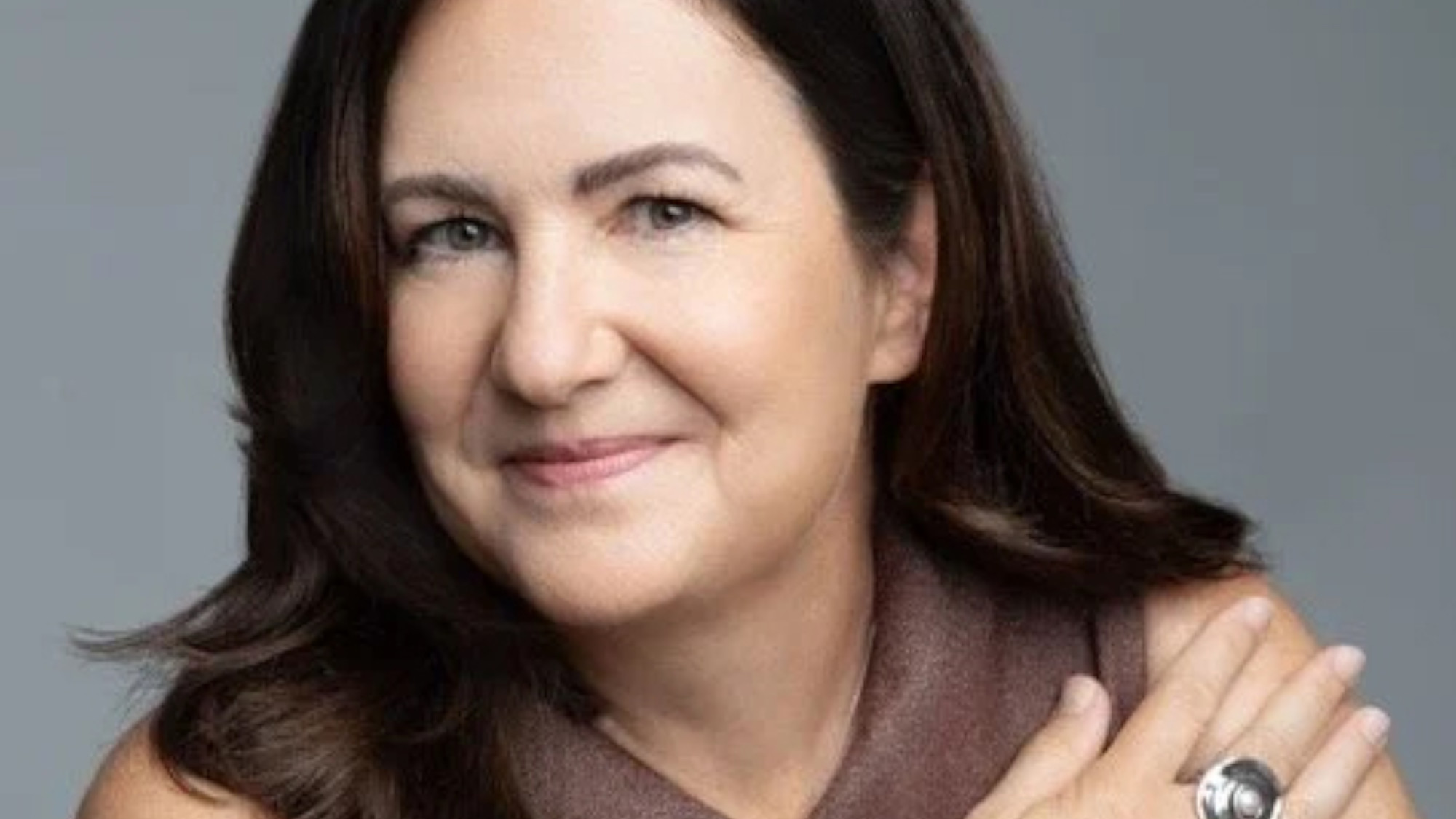 Jessica Francis Kane's 6 favorite books that prove less is more
Jessica Francis Kane's 6 favorite books that prove less is moreFeature The author recommends works by Penelope Fitzgerald, Marie-Helene Bertino, and more